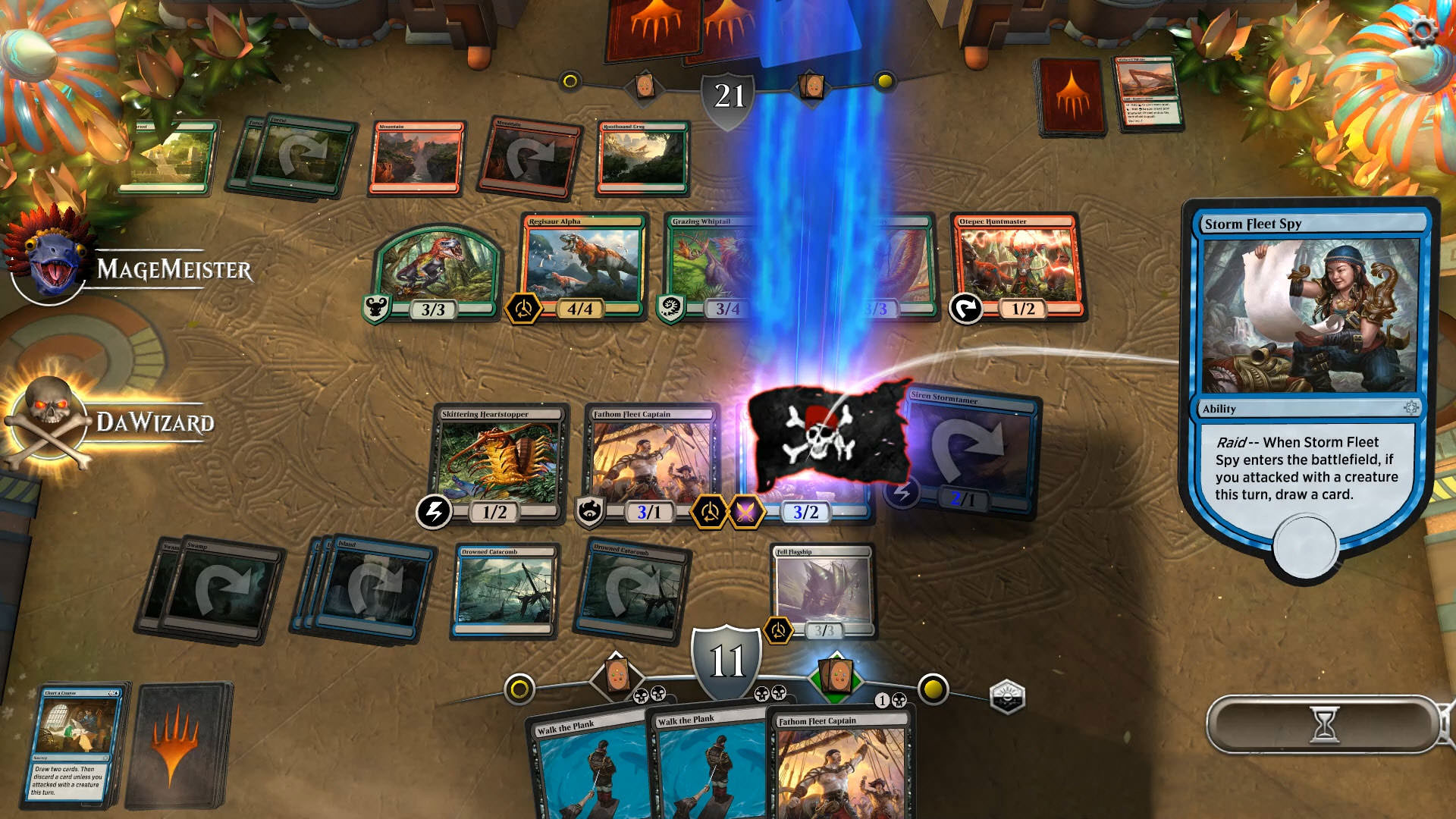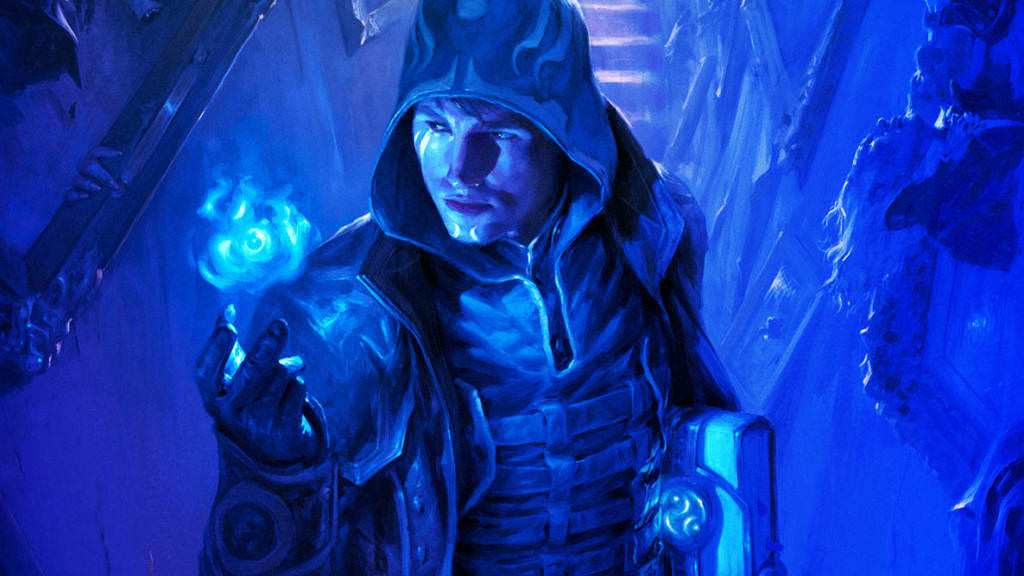
Launched in 1994, Magic: The Gathering is credited as the collectible card game (CCG) that started them all. Even after 24 years, the tabletop card game maintains an enthusiastic fan base as it continues to issue new cards and adjust the rules for tournaments.
But at the same time, the classic franchise is suffering from a unique problem. Despite its popularity as a physical card game, it has yet to effectively break into the digital space where games such as Hearthstone—which are thought to be derived from Magic—dominate.
It’s not for lack of trying, either. Wizards of the Coast released several different video games based on the franchise, including the free-to-play Magic Duels and Magic Online, both of which are still in operation. However, they have not been able to fully elevate the Magic experience in the digital space, and some attribute this problem to a variety of reasons ranging from the game’s complexity to how its tabletop design isn’t as much fun to watch as purely digital card games.
Wizards is taking on the issue by developing Magic: The Gathering Arena, a game that aims to make Magic easier for new players to understand and more fun to watch on livestreams, but keeps the gameplay depth that makes MTG appealing.
“We’re enhancing Magic by providing an intuitive digital interface that focuses on providing players with meaningful actions and eliminating needless clicks,” Christopher Clay, game director at Wizards of the Coast, told AListDaily.
Arena was inspired by the team’s shared love of Magic as they look to bring new life to the game. The game is being developed with “full transparency,” which means that the game is being made for and in front of fans, according to Clay.
Wizards has been hosting weekly Twitch streams to grow awareness of the game and engage directly with the community while demonstrating Arena’s gameplay and watchability. Stress testing for the game will run from November 3 to 29, followed by a closed beta that may start as early as November 30.
Clay said that Arena is being designed to appeal to all types of Magic players, from those who are completely new to hardcore fans. He said that the reason Magic is played by tens of millions of fans worldwide is because it’s the deepest card game in the genre. Despite that, it hasn’t been a leader in the digital space.
“We believe that if we can take what is core to what makes Magic fun, keep it authentic and make gameplay smooth and fun to watch, we will have a uniquely compelling experience, said Clay. “That’s our starting line with the closed beta. From there, we’ll deliver new features that will give gamers more freedom, more experimentation and more mastery than they’ve seen before in a digital card game.”

Wizards of the Coast has made it clear that Arena will have no impact on the operation of Magic Online, as the game serves a slightly different audience. Clay explained that Arena will focus specifically on the newest cards and game modes while Magic Online has almost every card printed in the game’s entire history.
“We want the combination of both games to offer any Magic player the digital experience they crave,” said Clay, affirming that development on Magic Online will continue with new card sets, updates and ongoing tournaments.
While Magic Online might be more attractive to longtime fans, Wizards hopes that a new game might bring new players to the longstanding CCG. The game may also evolve into a larger service someday, as Clay explained that Arena will integrate modern online services that create dynamic experiences. Those experiences could someday integrate with other aspects of a player’s in-game life.
MTG has been a featured part of events such as Hascon, a new public event hosted by Hasbro (Wizards of the Coasts’ parent company) that kicked off in September. The physical game has also been at the center of numerous high-profile tournaments. But success in the physical world doesn’t necessarily mean that audiences will quickly regard Arena as an esport the way Hearthstone was.
Although Clay could not reveal specific details at this time, he says that the team recognizes the importance of esports as an aspect of modern competitive gaming.
“We’ve been a major proponent of esports since our first broadcast of the Magic: The Gathering Pro Tour on ESPN in the ‘90s,” said Clay. “We’ve been pioneers in the esports space in tabletop, and we’re excited to share how we will put that expertise to work for a game like MTG Arena.”
Clay, who began playing MTG back when it first started in 1994, always found his way back to the game.
“The common thread that has kept me coming back for more is the possibility space of the game and the social connections it provides,” he said, musing on how the game has become an enduring brand.
“At every game company I’ve worked at there’s been a MTG-sealed league, and it’s always been a great way to meet and interact with co-workers from parts of the company I might not normally work with.”

